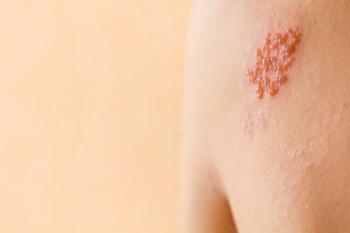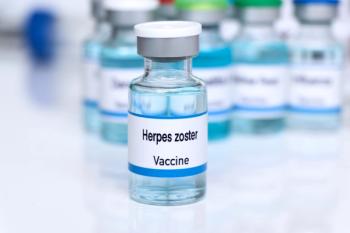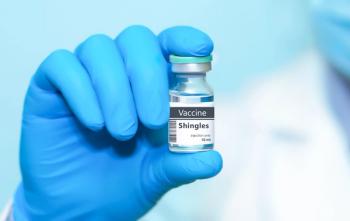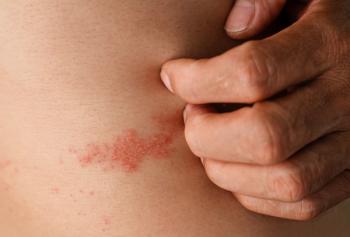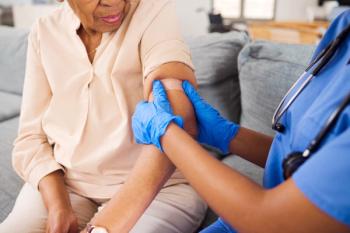
RZV Vaccine for Shingles Has Lower Adverse Event Rates, VAERS Data Show
Previous research has shown the recombinant zoster vaccine is more effective than its live-attenuated predecessor, but new adverse event data show it also stands up well in terms of safety.
A new analysis of two decades' worth of data shows that the recombinant zoster vaccine (RZV) for shingles is not only more effective than the live-attenuated zoster vaccine (ZVL), but also has lower rates of adverse events following immunization.
The report,
The data date back to May 2006, when the FDA approved Zostavax, Merck's live-attenuated shingles vaccine (ZVL), which is sold under the brand name Zostavax. A decade later, in October 2017, the FDA gave the go-ahead to Shingrix, an adjuvanted recombinant vaccine (RZV) developed by GlaxoSmithKline. The latter approval caused Zostavax to largely fall out of favor, as Shingrix
Corresponding author Lei Wang, M.D., of China’s Henan Provincial People’s Hospital, and colleagues, said although the RZV vaccine has superior efficacy, it has also been associated with higher
VAERS for answers
Wang and colleagues sought to better understand the real-world safety implications of the two vaccines, and so they turned to VAERS, the U.S. nationwide reporting system for vaccine adverse events.
The investigators found a total of 42,867 individual case safety reports (ICSRs) for the ZVL vaccine, of which 91% were for cases of monotherapy. There were 74,911 RZV ICSRs, of which 92.4% were monotherapy cases. The majority of ZVL reports were filed before 2017, the authors noted.
The rate of AEFIs among ZVL recipients was 11.2%; among RZV recipients, the rate was less than half that, at 4.6%. Wang and colleagues said these data affirm the safety of RZV.
“The observed safety patterns from this large-scale VAERS analysis contribute real-world evidence regarding AE profiles of HZ (herpes zoster) vaccines, and yield reassuring results that provide complementary evidence to support RZV’s clinical safety,” they wrote.
AEFI reports were more common among female patients and among those between the ages of 60 and 69 years old, regardless of vaccine type.
Most of the AEFIs were reported within the first two days, the investigators said. However, serious AEFIs tended to happen later. Wang and colleagues noted that the adverse events of greatest concern included anaphylactic reactions, syncope and
In patients who received the RZV vaccine, transient reactogenicity was the most typical event, the authors said. Among patients receiving the ZVL, herpes zoster reactivation along with neurological and ophthalmic complications was more common, they added.
Taken together, Wang and colleagues said these new data should be helpful to both healthcare professionals and policymakers.
Newsletter
Get the latest industry news, event updates, and more from Managed healthcare Executive.

